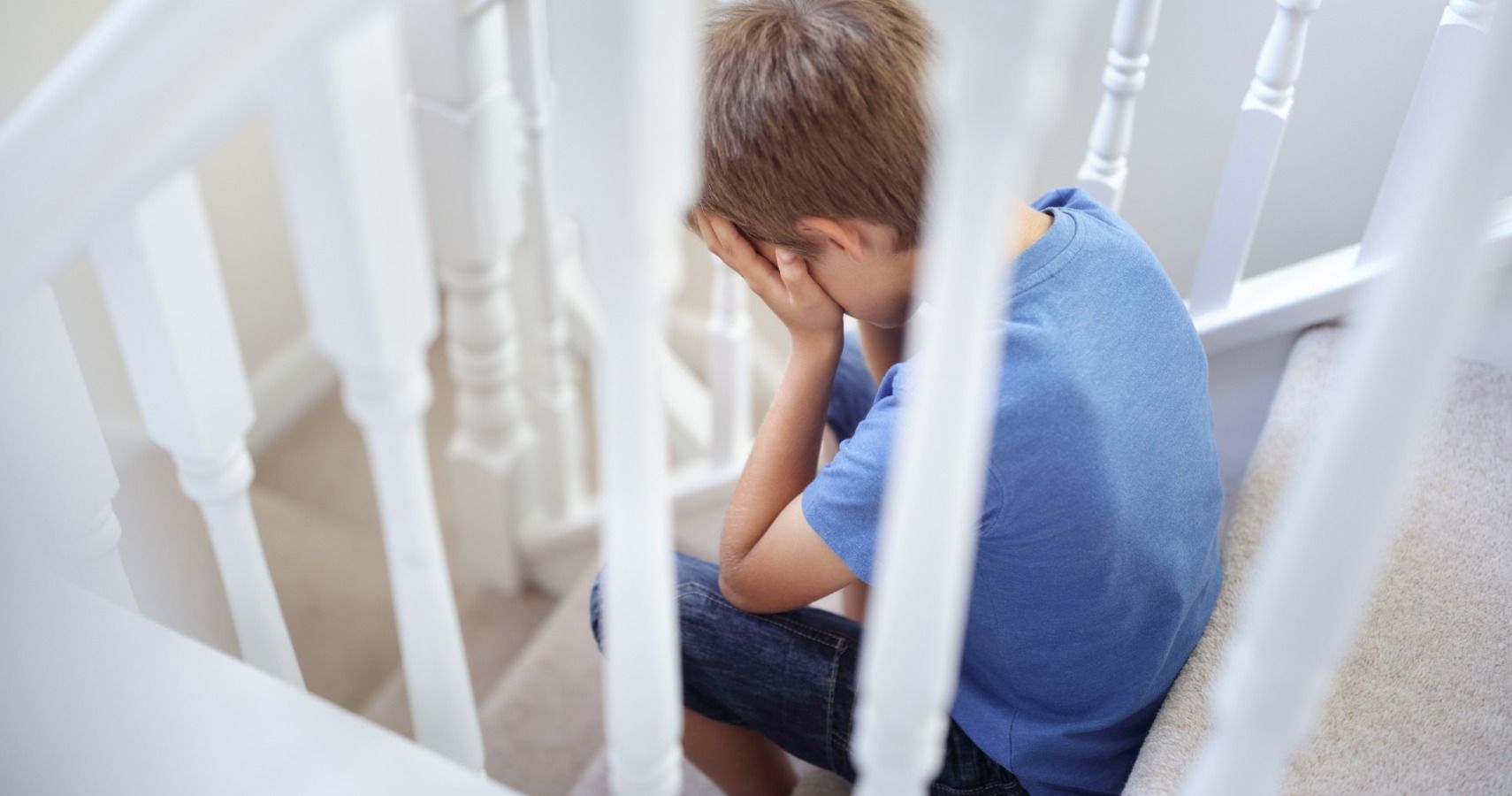While the use of corporal punishment is often a divisive topic among friends and family, there's no doubt that spanking is becoming used less and less as a means of discipline for children. The American Academy of Pediatrics even recently released as report urging parents to choose"healthy forms of discipline" while noting that spanking has minimal results in the short term and no effectiveness long term.
Now a new study is proving that not only does spanking have no effectiveness on improving your child's behavior, it may actually make their behavior worse in the long run. The study looked at research collected by Unicef from 62 different countries and found that children between the ages of 3 and 4 who were spanked had a lower social development.
Experts at the University of Michigan and University of Texas had previously looked at spanking and the results it had on children, and found that spanking increases a child's risk for anti-social behavior, aggression, mental health problems and cognitive difficulties. This study looked at over five decades of research involving more than 160,000 children.
“Our analysis focuses on what most Americans would recognize as spanking and not on potentially abusive behaviors,” Elizabeth Gershoff, an associate professor of human development and family sciences at The University of Texas at Austin said. “We found that spanking was associated with unintended detrimental outcomes and was not associated with more immediate or long-term compliance, which are parents’ intended outcomes when they discipline their children.”
PREVIOUSLY: Pediatricians Urge Parents To Choose 'Healthy' Discipline Over Spanking
Co-author of the study Andrew Grogan-Kaylor said that spanking a child is not only an ineffective form of discipline, it actually seems to cause the adverse behavior the parent is trying to correct.
“The upshot of the study is that spanking increases the likelihood of a wide variety of undesired outcomes for children. Spanking thus does the opposite of what parents usually want it to do,” Grogan-Kaylor says.
While most studies on spanking only tend to focus on developed countries, it seems that low and middle income countries are seeing the same negative effects of spanking. Garrett Pace, the study's lead author and a doctoral student of social work and sociology told Science Daily that, "it appears that in this sample ... spanking may do more harm than good," before adding that "reductions in corporal punishment might do a great deal to reduce the burden of children's mental health and improve child development outcomes globally."
What may be more shocking for parents who still use corporal punishment as a means of discipline is that children don't differentiate between abuse and spankings.
“We as a society think of spanking and physical abuse as distinct behaviors,” Gershoff said. “Yet our research shows that spanking is linked with the same negative child outcomes as abuse, just to a slightly lesser degree.”
READ NEXT: Kids Are Less Violent In Countries That Ban Spanking

